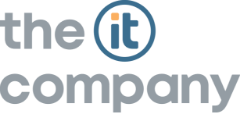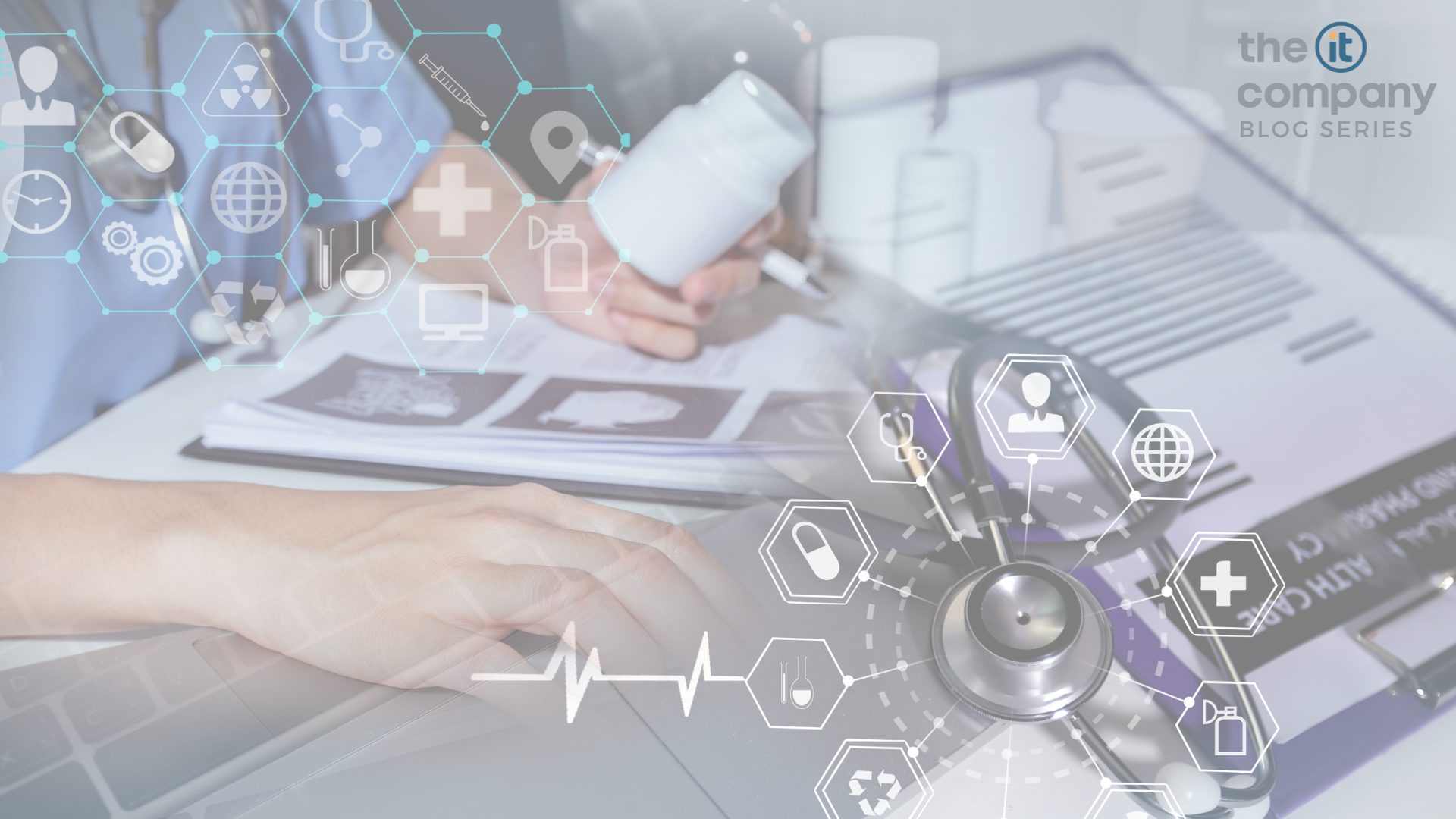Safeguarding the Healthcare Industry
The healthcare industry stands at the forefront of technology innovation. From electronic health records (EHR) to telemedicine platforms and connected medical devices, technology has revolutionized patient care, streamlining processes, enhancing efficiency, and improving outcomes.
However, amidst this rapid digitization, one critical aspect demands unwavering attention: technology security. Because of this, there is paramount importance of technology security for the healthcare industry and the imperative of safeguarding sensitive patient data.
Protecting Patient Privacy: At the heart of healthcare technology security lies the protection of patient privacy. Electronic health records contain a treasure trove of sensitive information, including medical history, diagnoses, treatments, and personal identifiers. Unauthorized access to this data not only compromises patient privacy but also poses significant risks, including identity theft, insurance fraud, and reputational damage to healthcare providers.
Ensuring Regulatory Compliance: The healthcare industry is subject to stringent regulatory requirements designed to protect patient data and ensure confidentiality. Regulations such as the Health Insurance Portability and Accountability Act (HIPAA) in the United States and the General Data Protection Regulation (GDPR) in the European Union mandate robust security measures to safeguard patient information. Failure to comply with these regulations can result in severe penalties, including hefty fines and legal consequences, not to mention damage to the organization's reputation.
Mitigating Cybersecurity Threats: In an increasingly interconnected world, healthcare organizations are prime targets for cyberattacks. Malicious actors constantly seek to exploit vulnerabilities in networks, systems, and software to gain unauthorized access to sensitive data or disrupt critical healthcare services. Ransomware attacks, data breaches, and phishing scams are just some of the cybersecurity threats that healthcare providers must contend with. The consequences of such breaches can be catastrophic, compromising patient safety, disrupting operations, and eroding trust in the healthcare system.
Securing Connected Medical Devices: The proliferation of connected medical devices, ranging from pacemakers and insulin pumps to infusion pumps and MRI machines, has introduced new cybersecurity challenges. These devices, often referred to as the Internet of Medical Things (IoMT), are vulnerable to cyber threats that could potentially compromise patient safety. Ensuring the security of IoMT devices requires robust authentication mechanisms, encryption protocols, and regular software updates to mitigate the risk of exploitation by malicious actors.
Embracing a Culture of Security: In addressing the multifaceted challenges of technology security, healthcare organizations must embrace a culture of security that permeates every aspect of their operations. This entails implementing comprehensive security policies and procedures, providing ongoing cybersecurity training and education for staff, conducting regular risk assessments and vulnerability scans, and fostering collaboration with industry partners and cybersecurity experts.
As the healthcare industry continues to embrace technological innovation, the importance of technology security cannot be overstated. Protecting patient privacy, ensuring regulatory compliance, mitigating cybersecurity threats, and securing connected medical devices are paramount considerations for healthcare organizations.


